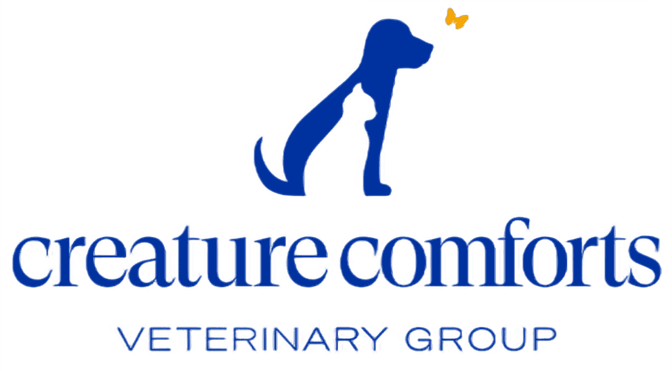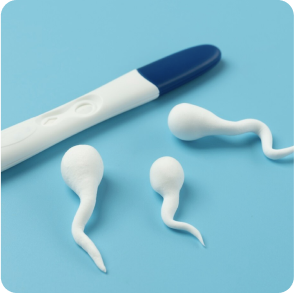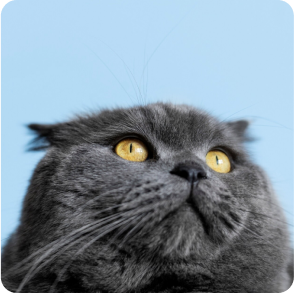Why It Matters
Did you know?
Spaying and neutering your pet isn’t just about population control — it’s about health, safety, and quality of life.
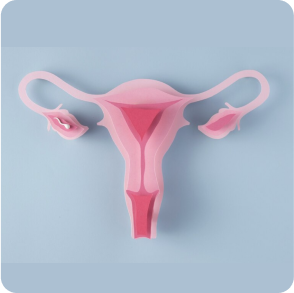
Spaying helps prevent uterine infections and breast tumors.
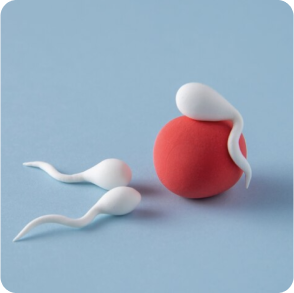
Neutering reduces the risk of testicular cancer and unwanted behaviors like marking and roaming.
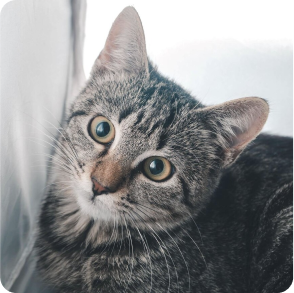
Desexed pets often live longer, healthier lives.
It’s a responsible choice for your pet’s well-being and the community.
What We Offer
🐾 Our Desexing Services Include
✨ We use Fear-Free techniques and tailored anesthetic protocols for each pet’s comfort and safety.
What to Expect
🛠 Your Pet’s Desexing Journey at Creature Comforts
Pre-Surgical Consultation
We assess your pet’s health, discuss the timing, and answer all your questions.

Pre-Surgery Prep
You’ll receive fasting instructions and tips to keep your pet calm before surgery (including medication options for anxious pets).

Surgery Day
Your pet is carefully sedated, monitored, and desexed using modern surgical techniques.

Recovery
Most pets wake up smoothly and can go home the same day. We provide pain relief and aftercare supplies.

Aftercare & Follow-up
We give clear instructions, check healing progress, and answer any post-op questions you may have.

FAQs
FREQUENTLY ASKED QUESTIONS
Blogs / Case Study

Luna’s First Surgery: A Calm, Fear-Free Experience
“She bounced back in just a day — the team made it so easy for both of us.”

